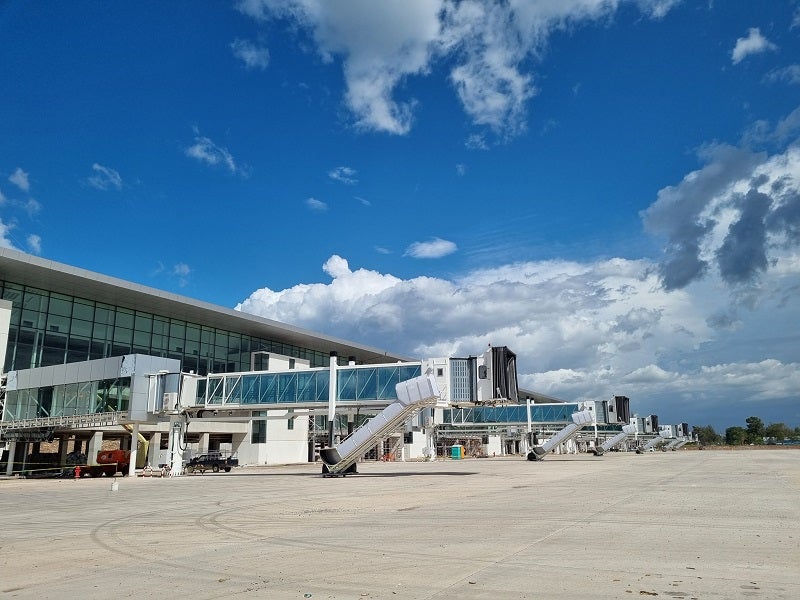
The new Palmerola International Airport in Honduras has welcomed its first passengers, with Spirit Airlines as the first scheduled carrier.
This comes following five years of planning, developing, as well as commissioning.
Spirit Airlines has regular flights from Houston and four weekly flights from Miami.
As of now, around five airlines are running global flights to Palmerola Airport.
American Airlines links Palmerola twelve times per week with Miami and three times weekly with Dallas while United Airlines provides a daily service to Houston.
Avianca runs daily flights to El Salvador and four times weekly to Guatemala City, and Copa Airlines operates daily flights to Panama City.
From next month, Spirit Airlines intends to introduce additional flights to Ford Lauderdale while AeroMexico aims to add flights to Mexico City.
Since 2015, Munich Airport International (MAI), a unit of Munich Airport, has been delivering consulting services for the development and commissioning of the new Honduran capital airport.
MAI’s contracting allies for this project include Honduran construction company EMCO and the Honduran airport operator Palmerola International Airport S.A. (PIA).
The airport’s original capacity stands at 1.5 million annual passengers.
It features a 2,440m runway, modern airport technologies, four passenger security check points as well as seven passenger boarding bridges.
After its completion, all international traffic was moved from Toncontín Airport to Palmerola Airport.
Now, Toncontín Airport will operate domestic flights and be used for general aviation solely.
MAI senior project manager Martin Kamlah said: “The old Toncontín Airport with its short runway and challenging approach in the middle of the city counts among the most dangerous airports in the world. We are pleased to be able to support the region in the construction and operation of the new top modern, safe and future-oriented airport.”
In October this year, MAI and Urban-Air Port teamed up to develop electric vertical takeoff and landing ground infrastructure and airport operations.



